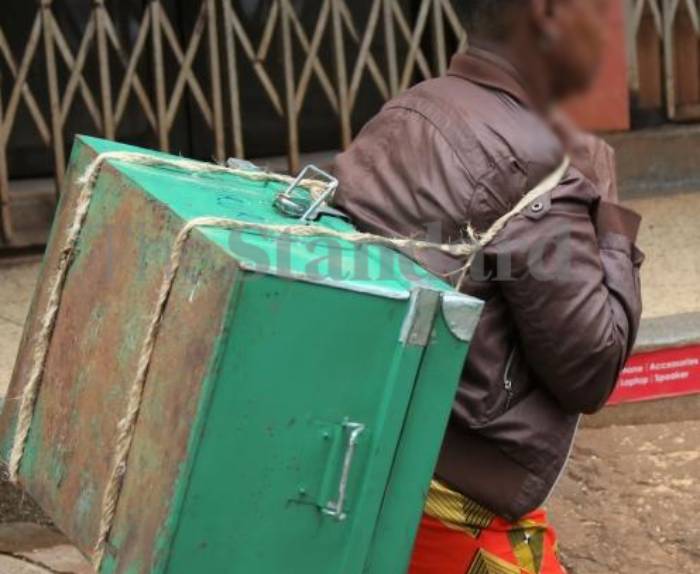×
The Standard e-Paper
Smart Minds Choose Us

It is almost three weeks since schools opened for the first term, and the cries of parents are yet to fade away. Parents whose cries are still louder are those whose children started joining Form 1 one and a half weeks ago.
The painful wailings of both categories of parents will linger in the air for months, or even years, as the jingle of coins in their pockets keep dying down.